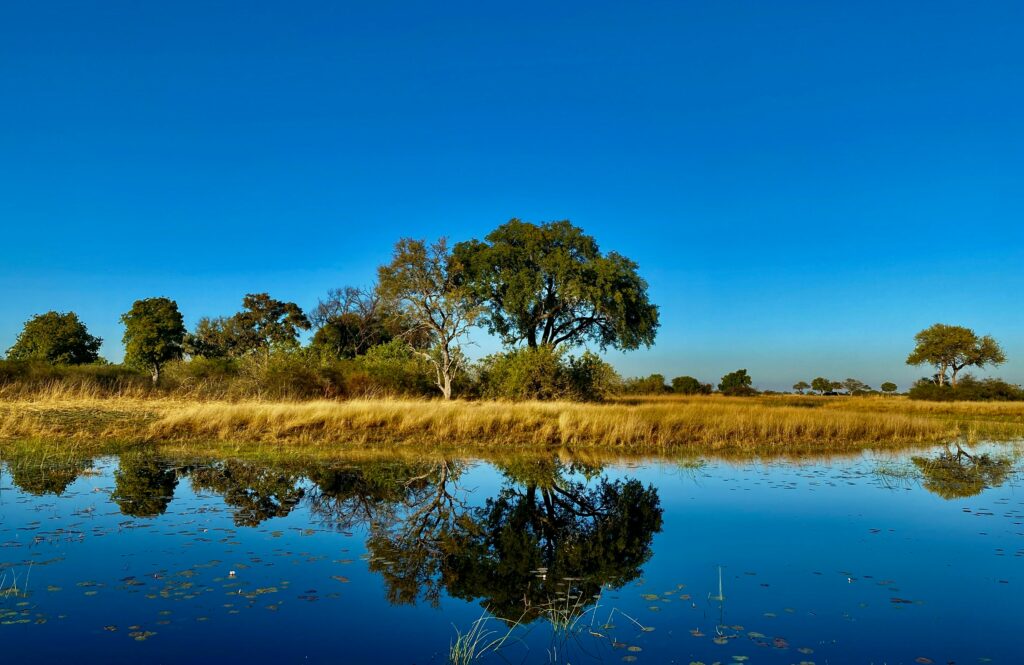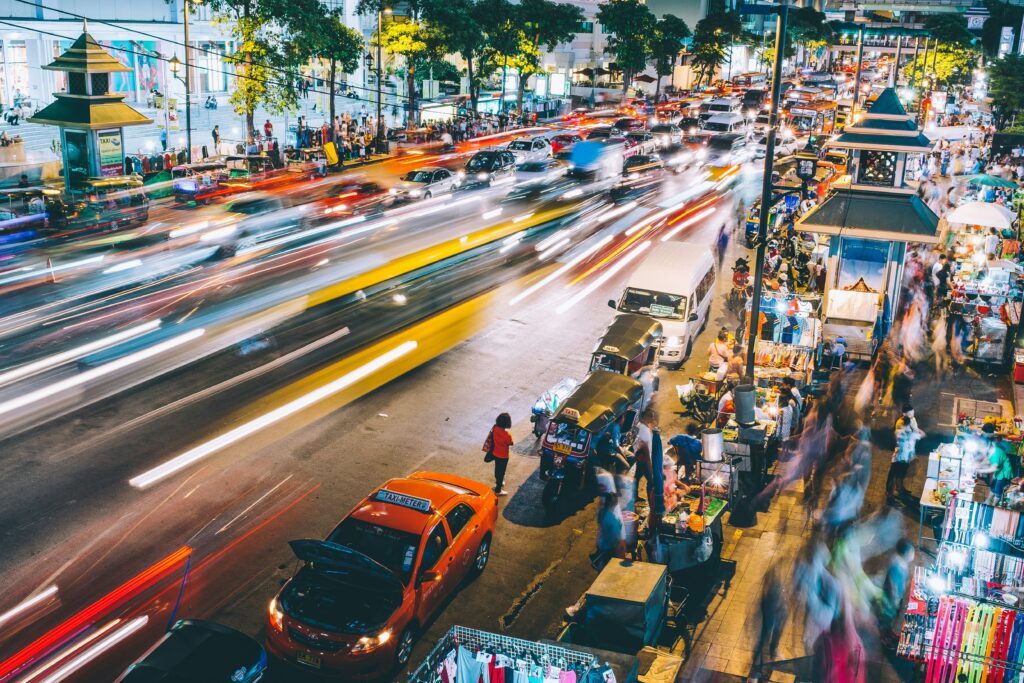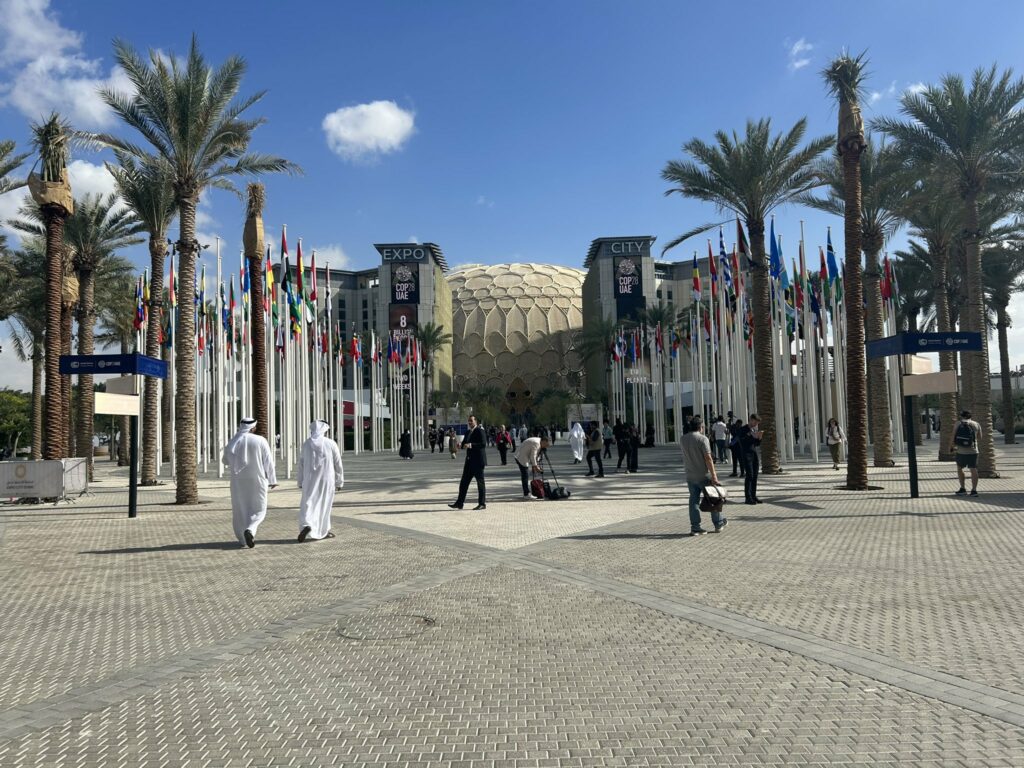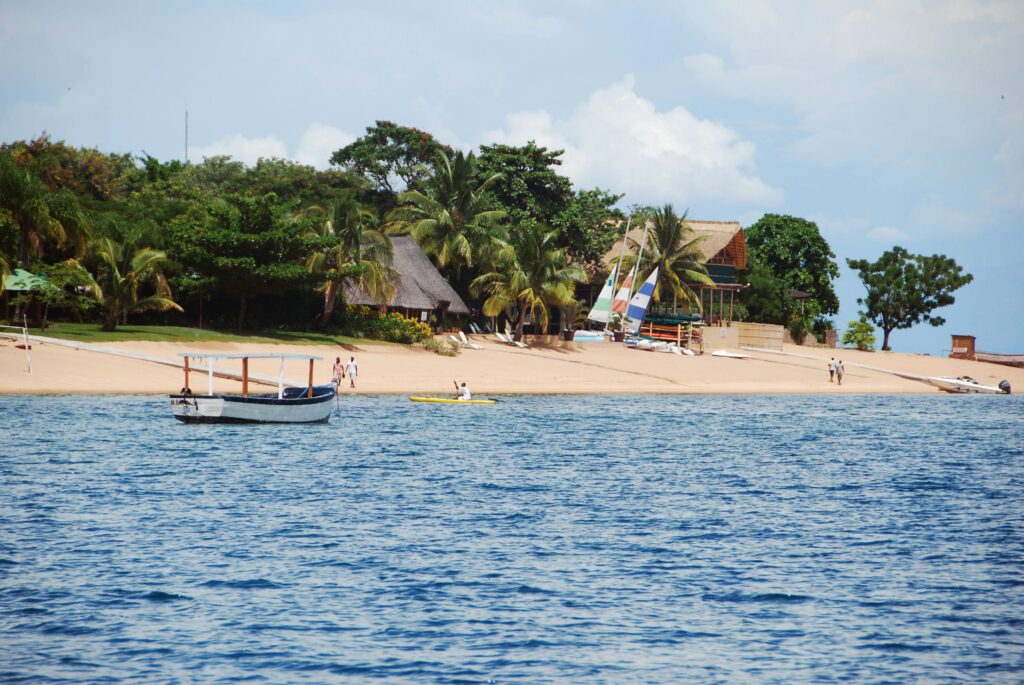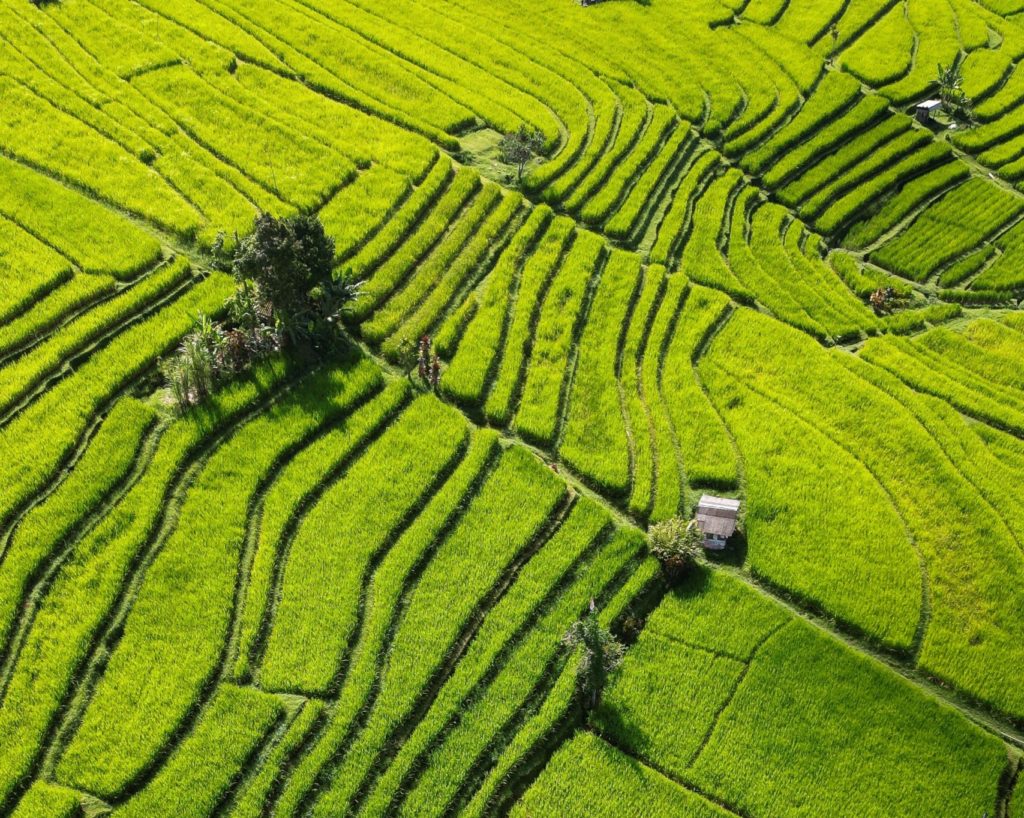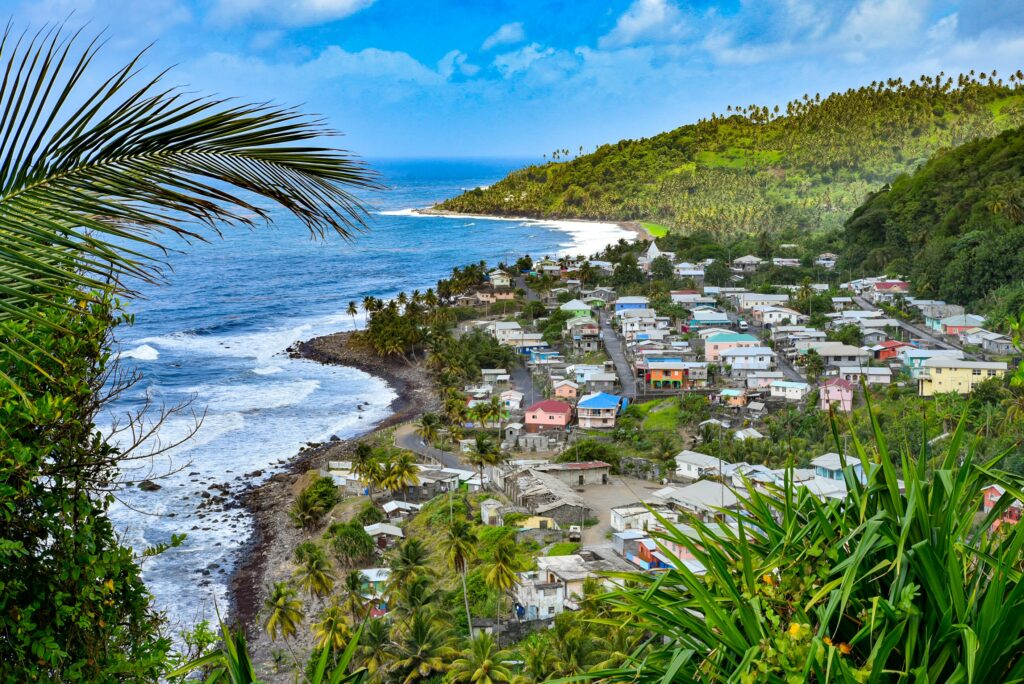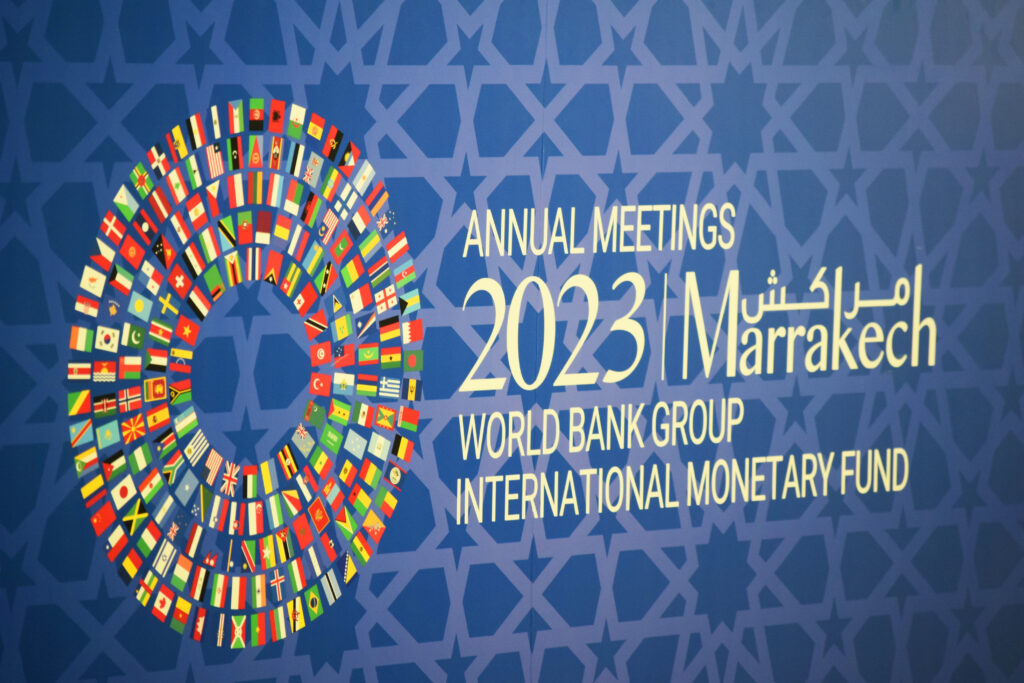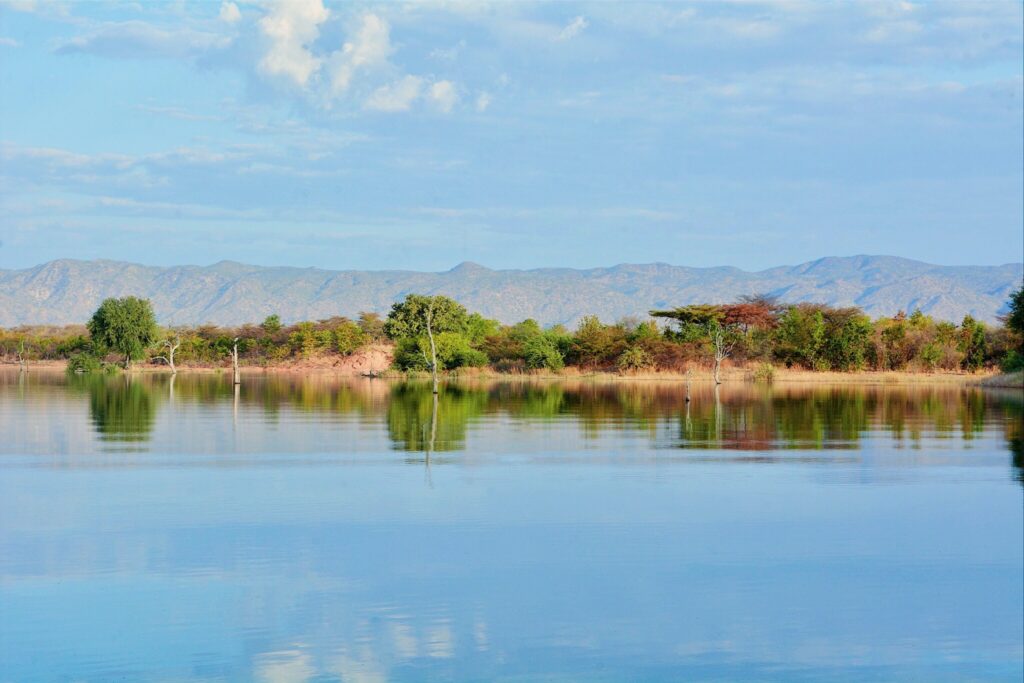The Debt Relief for a Green and Inclusive Recovery (DRGR) Project is pleased to announce the appointment of Bogolo Kenewendo and Dr. Patrick Njoroge as its newest Co-Chairs.
Author: arabellawintermayr
The lack of meaningful engagement from all creditor classes has undermined the effectiveness of the Group of 20’s Common Framework in providing significant debt relief. Our “Chart of the Week” shows why the role of multilateral development banks in particular deserves special attention.
As president of the G20, Brazil should propose a discussion on broad debt relief for developing countries and the inclusion of all creditors in renegotiations.
As the new year unfolds, global dynamics are set for pivotal shifts, with high-profile elections and important forums shaping the international stage – and influencing how the world addresses mounting sovereign debt, climate change, and social inequality. Here is an outlook on some of the most critical course-setting events in the months to come.
The spotlight at this year’s United Nations Climate Change Conference (COP28) was firmly on the Global Stocktake, tasked with evaluating the advancements made under the 2015 Paris Agreement. Yet, what developments have taken place in Dubai with regard to the debt crisis?
In the midst of a complex web of crises, Malawi is facing a debt restructuring process that does not address the depth of its challenges. To embark on a path to sustainable development and economic recovery, countries like Malawi need a holistic approach that takes into account all aspects of their economic and social realities – and includes all creditor classes.
The countries of the Global South have contributed little to climate change. But they are particularly vulnerable to its impacts. Now, as a result of COVID-19, high interest rates and climate-related disasters, debt levels in the Global South have skyrocketed. As a consequence, a triple crisis of debt, climate change and lost development is emerging. How can highly indebted developing countries respond to these challenges?
Following the 2023 International Monetary Fund (IMF)/World Bank Group Annual Meetings in Marrakech, more details on the debt negotiation of Zambia and Suriname have surfaced. Among the intricate negotiations, one group appears to have emerged victorious, time and time again – bondholders.
Despite the precedent set by the Highly Indebted Poor Countries (HIPC) Initiative, the notion of involving multilateral development banks (MBDs) in debt relief continues to evoke skepticism and apprehension. DRGR Researcher Marina Zucker-Marques demystifies the topic of MDBs and debt relief, showing why their inclusion is not merely desirable but entirely achievable.
For the first time in fifty years, the International Monetary Fund (IMF) and the World Bank Group convened on the African continent. Here are the main developments regarding the debt crisis from the Annual Meetings in Marrakech.
Find answers to frequently asked questions on the debt crisis, the DRGR proposal and how to guarantee sustainable development.
A new report by the Debt Relief for a Green and Inclusive (DRGR) Project explains why MDBs must be included in debt relief efforts, estimates their fair share of the burden and explores policy alternatives to preserve their high credit ratings.
